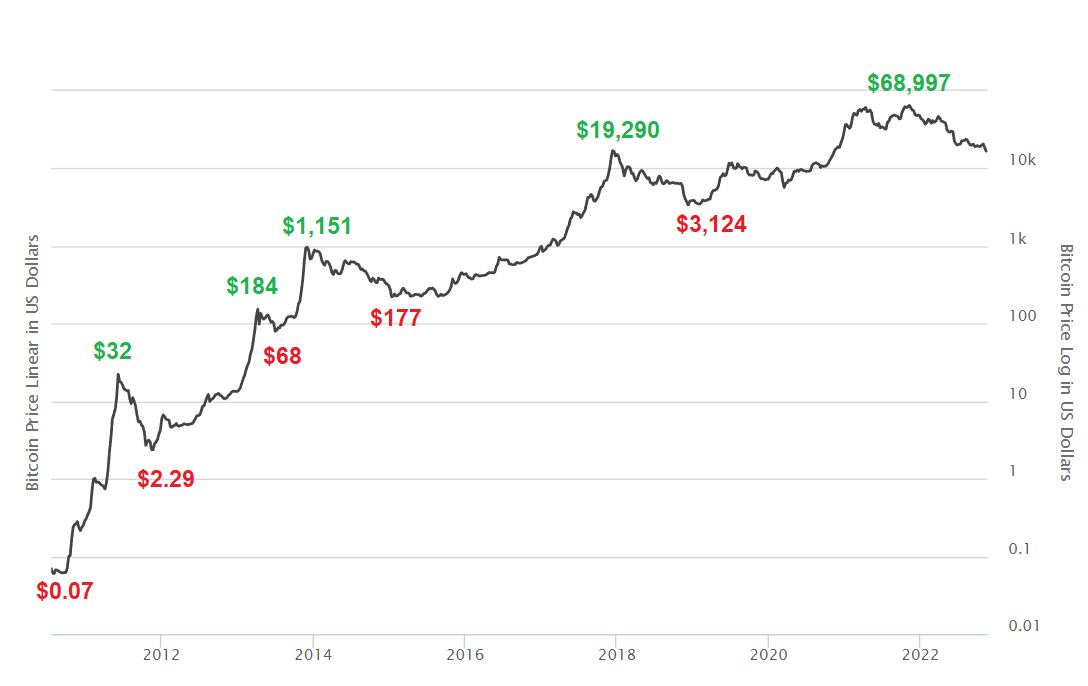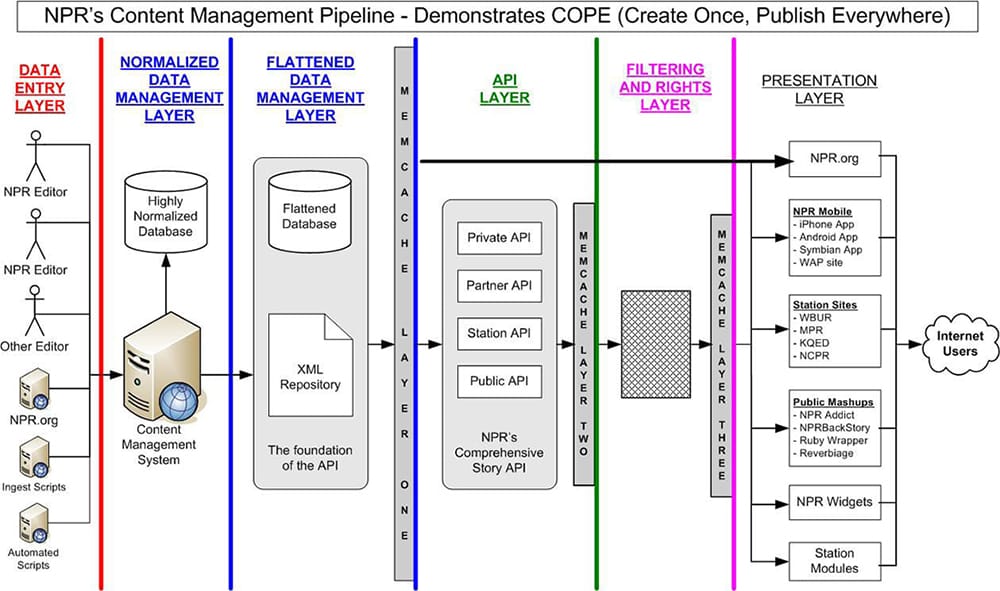The Great Decoupling: A Geopolitical Analysis

Table of Contents
Drivers of The Great Decoupling
Several interconnected factors are driving this significant geopolitical realignment. Understanding these drivers is crucial to navigating the challenges and opportunities presented by The Great Decoupling.
Technological Competition
Technological rivalry, particularly in strategically important sectors like 5G, artificial intelligence (AI), and semiconductors, is a primary driver of the decoupling. The competition extends beyond simple market share; it's a battle for technological dominance and national security.
- US restrictions on Huawei and ZTE: These actions, driven by national security concerns regarding potential Chinese surveillance capabilities embedded in 5G technology, exemplify the intensifying technological competition.
- Chinese investment in domestic semiconductor technology: China's substantial investments aim to reduce reliance on foreign suppliers and achieve self-sufficiency in this critical sector, further fueling the decoupling.
- The race for AI supremacy: The global competition to lead in AI development is exacerbating geopolitical tensions and contributing to the separation of technological ecosystems.
Ideological Differences and Geopolitical Tensions
Differing political systems, values, and approaches to global governance are fueling geopolitical tensions and contributing significantly to the decoupling process. These fundamental differences create an environment of mistrust and hinder cooperation.
- Human rights situation in Xinjiang: Concerns over human rights abuses in Xinjiang have led to sanctions and trade restrictions, impacting economic relations between the West and China.
- Taiwan tensions: The ongoing tensions surrounding Taiwan's status represent a significant point of friction, with potential for escalation and further economic decoupling.
- Differing approaches to global governance: Disagreements on issues like international trade rules, climate change, and cybersecurity further contribute to a fractured global order.
Economic Nationalism and Protectionism
The rise of economic nationalism and protectionist policies is another significant driver of The Great Decoupling. Countries are increasingly prioritizing domestic industries and seeking to reduce reliance on foreign trade partners.
- Tariffs and trade restrictions: The imposition of tariffs and other trade barriers, exemplified by the US-China trade war, has disrupted global supply chains and fostered economic fragmentation.
- Investment screening measures: Many countries are implementing stricter measures to screen foreign investments, particularly from countries considered geopolitical rivals, limiting cross-border capital flows.
- Import substitution policies: Some countries are actively promoting domestic production to replace imports, further reducing reliance on global trade.
Consequences of The Great Decoupling
The decoupling process is already producing significant consequences across various sectors, impacting global economic stability and geopolitical security.
Supply Chain Disruptions
The decoupling is causing major disruptions to global supply chains, necessitating urgent efforts to improve supply chain resilience and diversification.
- Increased costs and delays: The fragmentation of supply chains is leading to increased transportation costs and longer lead times for goods.
- Potential shortages of goods: Disruptions to critical supply chains can result in shortages of essential goods, impacting businesses and consumers alike.
- The need for regionalization: Companies are increasingly seeking to regionalize their supply chains to reduce reliance on single sourcing and mitigate risks.
Economic Fragmentation and Slowdown
The decoupling process has the potential to significantly slow global economic growth and lead to the creation of separate economic blocs.
- Reduced trade and investment: The separation of technological and economic ecosystems can result in reduced trade and investment flows between countries.
- Potential for a global recession: The combined impact of supply chain disruptions and reduced trade could trigger a significant global economic slowdown.
- Rise of competing economic blocs: The formation of competing economic blocs, potentially centered around the US and China, could further fracture global economic interdependence.
Geopolitical Instability
The decoupling is increasing geopolitical instability, raising the risk of conflict and exacerbating existing tensions between major powers.
- Increased military spending: The heightened competition between major powers is likely to result in increased military spending and an intensified arms race.
- Heightened tensions and potential for conflict: The decoupling is creating a more volatile geopolitical environment, with an increased risk of miscalculation and conflict.
- Erosion of international norms and institutions: The decoupling process is undermining existing international norms and institutions, making it harder to manage global challenges.
Future Scenarios and Potential Mitigation Strategies
The future trajectory of The Great Decoupling remains uncertain. Potential scenarios range from complete decoupling, resulting in two largely separate economic and technological spheres, to a managed form of competition with continued limited cooperation. Effective mitigation strategies are crucial to minimizing the negative consequences of this process.
- International cooperation: Strengthening international cooperation, particularly in areas like trade, technology standards, and climate change, is essential to mitigating the risks.
- Global governance reform: Reform of global governance institutions to better address the challenges of a more fragmented world is necessary.
- Economic diplomacy: Proactive economic diplomacy can help manage tensions and foster cooperation in areas of mutual interest.
Conclusion: Understanding and Navigating The Great Decoupling
The Great Decoupling is a complex and evolving geopolitical phenomenon driven by technological competition, ideological differences, and economic nationalism. The consequences are far-reaching, impacting global supply chains, economic growth, and geopolitical stability. Understanding this shift is critical for businesses, governments, and individuals. Further research on geopolitical risks, global trade restructuring, and technology decoupling is essential for navigating this new era of increased competition and fragmentation. Engage in informed discussions, analyze the evolving situation, and contribute to strategies that mitigate the risks and harness the opportunities presented by The Great Decoupling.

Featured Posts
-
 Ahtsab Edaltwn Ka Khatmh Lahwr Myn 5 Edaltyn Bnd Kya Yh Fyslh Drst He
May 08, 2025
Ahtsab Edaltwn Ka Khatmh Lahwr Myn 5 Edaltyn Bnd Kya Yh Fyslh Drst He
May 08, 2025 -
 Bitcoin Price Prediction Evaluating The Potential Of A Trump Driven Bull Run
May 08, 2025
Bitcoin Price Prediction Evaluating The Potential Of A Trump Driven Bull Run
May 08, 2025 -
 Lotto 6aus49 Ergebnisse Mittwoch 09 04 2025
May 08, 2025
Lotto 6aus49 Ergebnisse Mittwoch 09 04 2025
May 08, 2025 -
 Cleveland Browns Add Experienced Wideout And Returner
May 08, 2025
Cleveland Browns Add Experienced Wideout And Returner
May 08, 2025 -
 The Great Decoupling Economic Implications And Future Trends
May 08, 2025
The Great Decoupling Economic Implications And Future Trends
May 08, 2025
